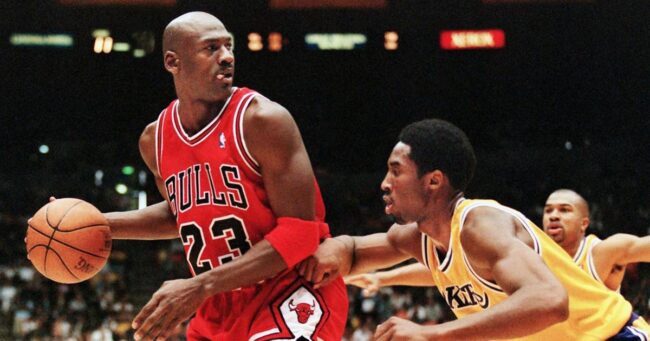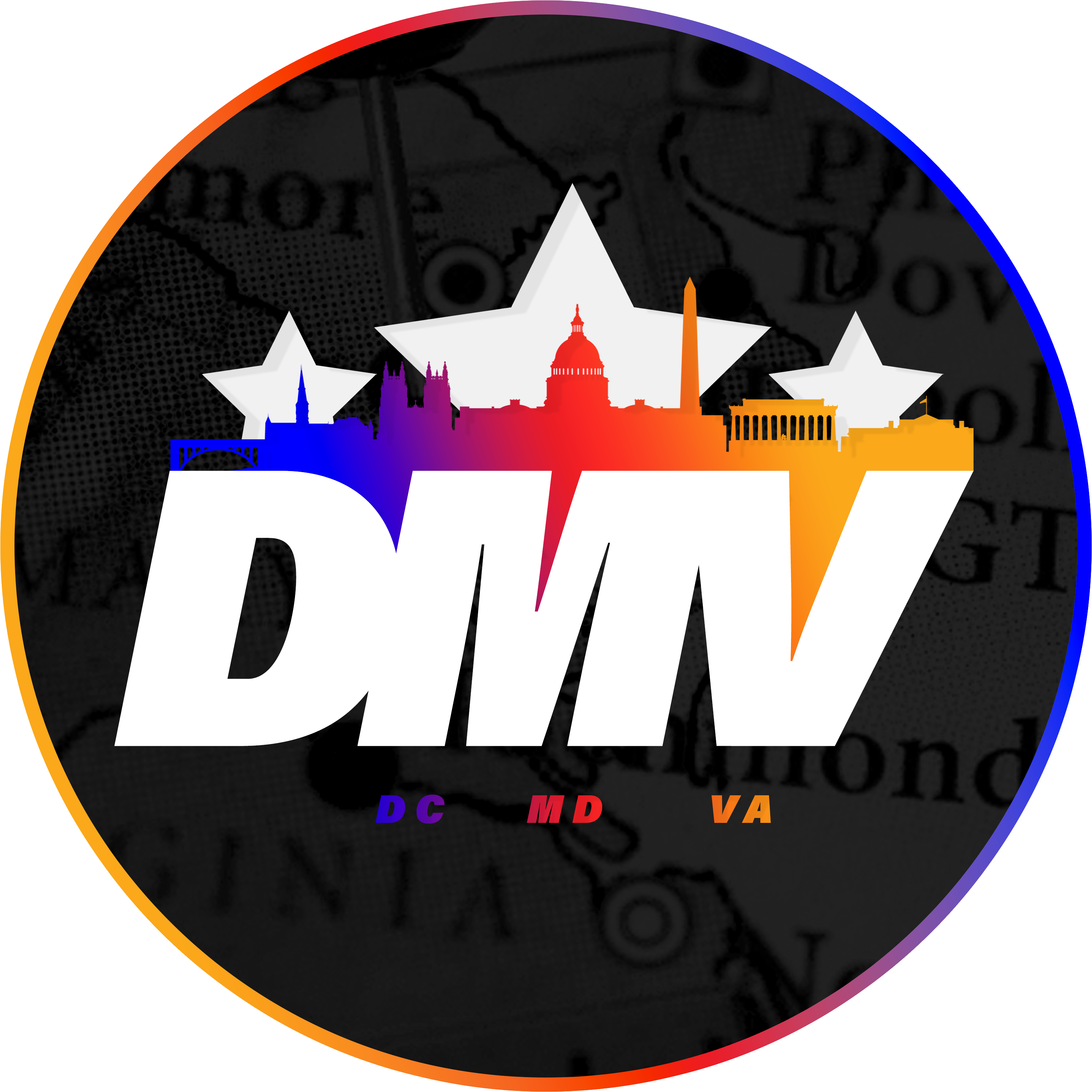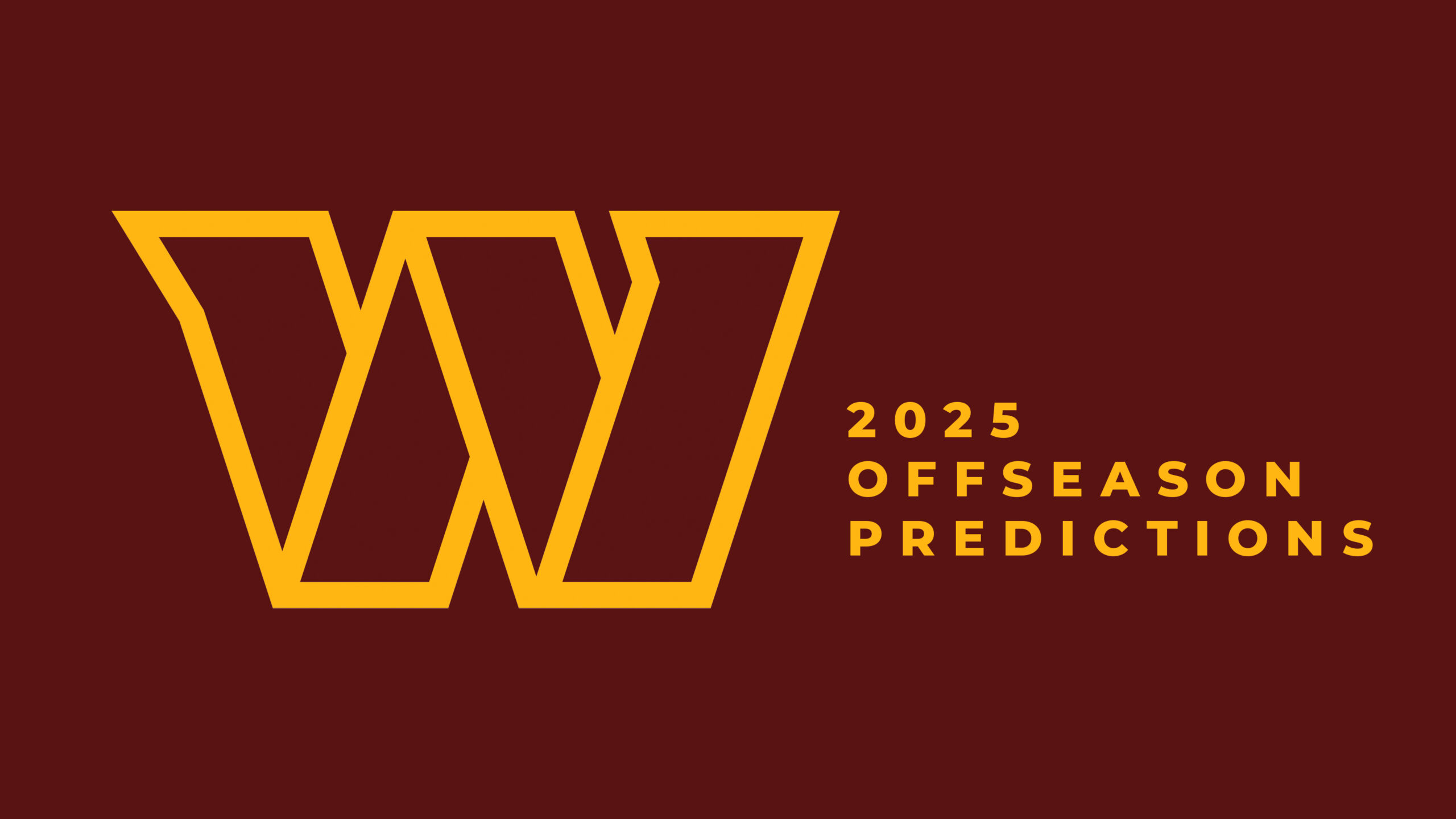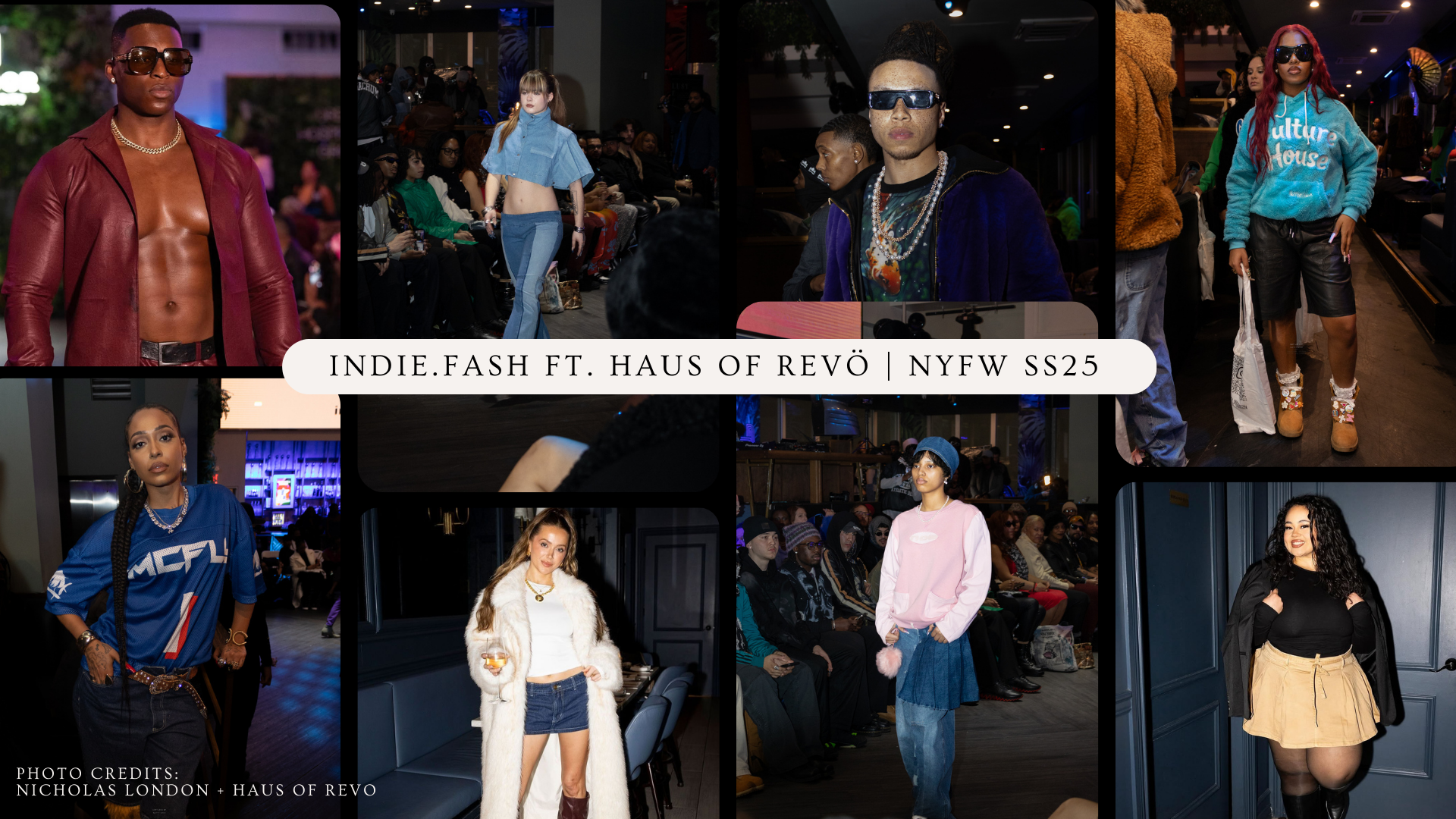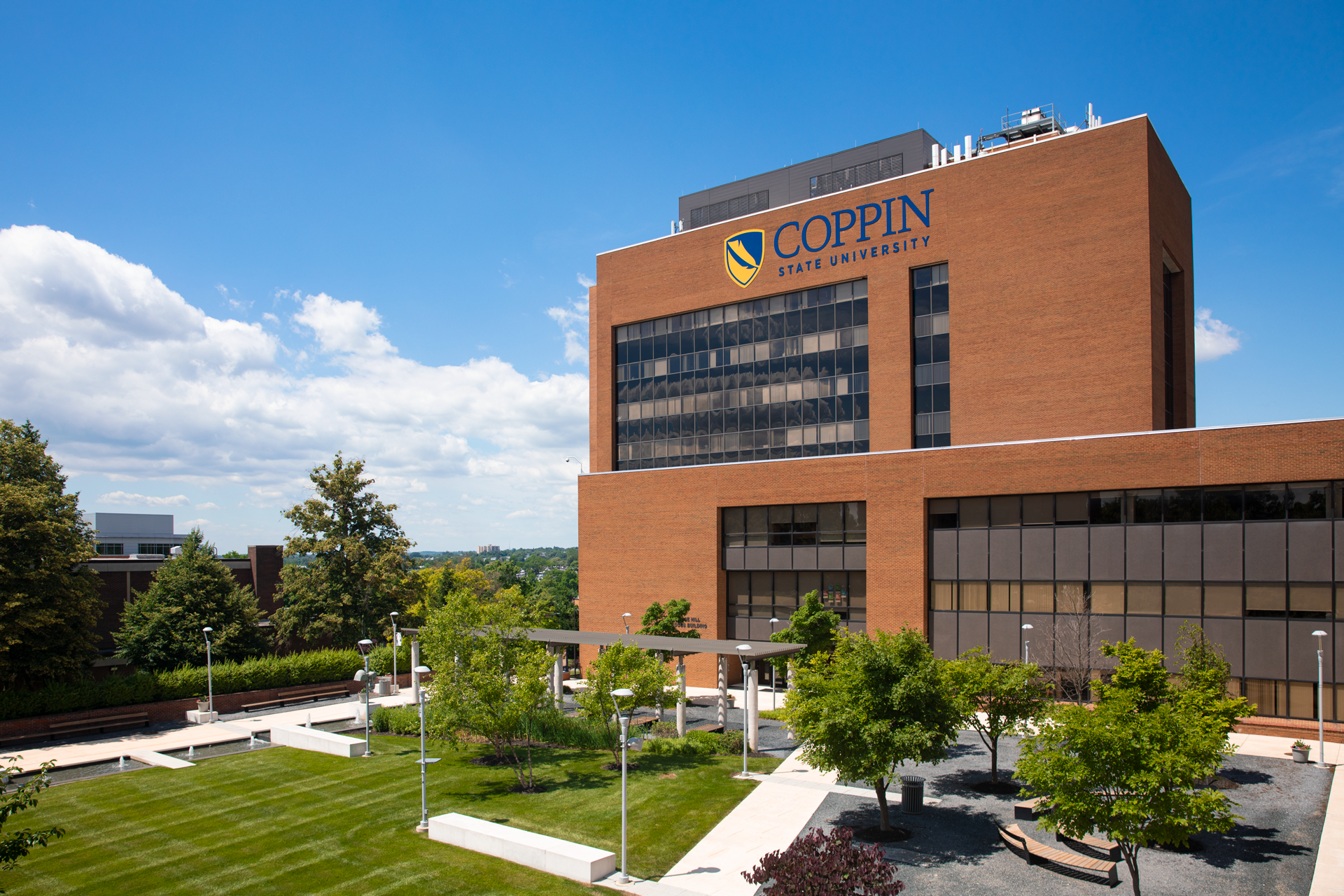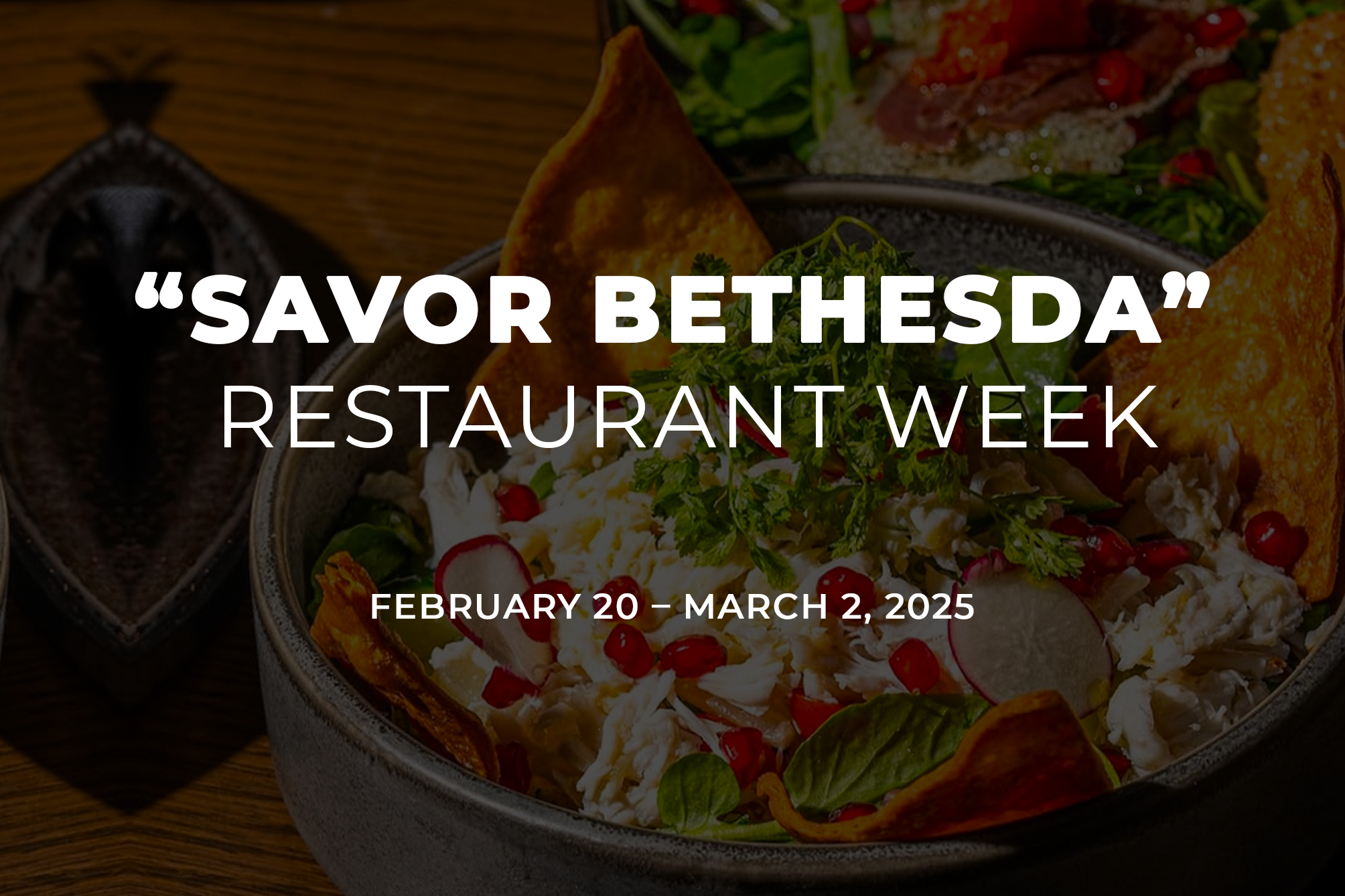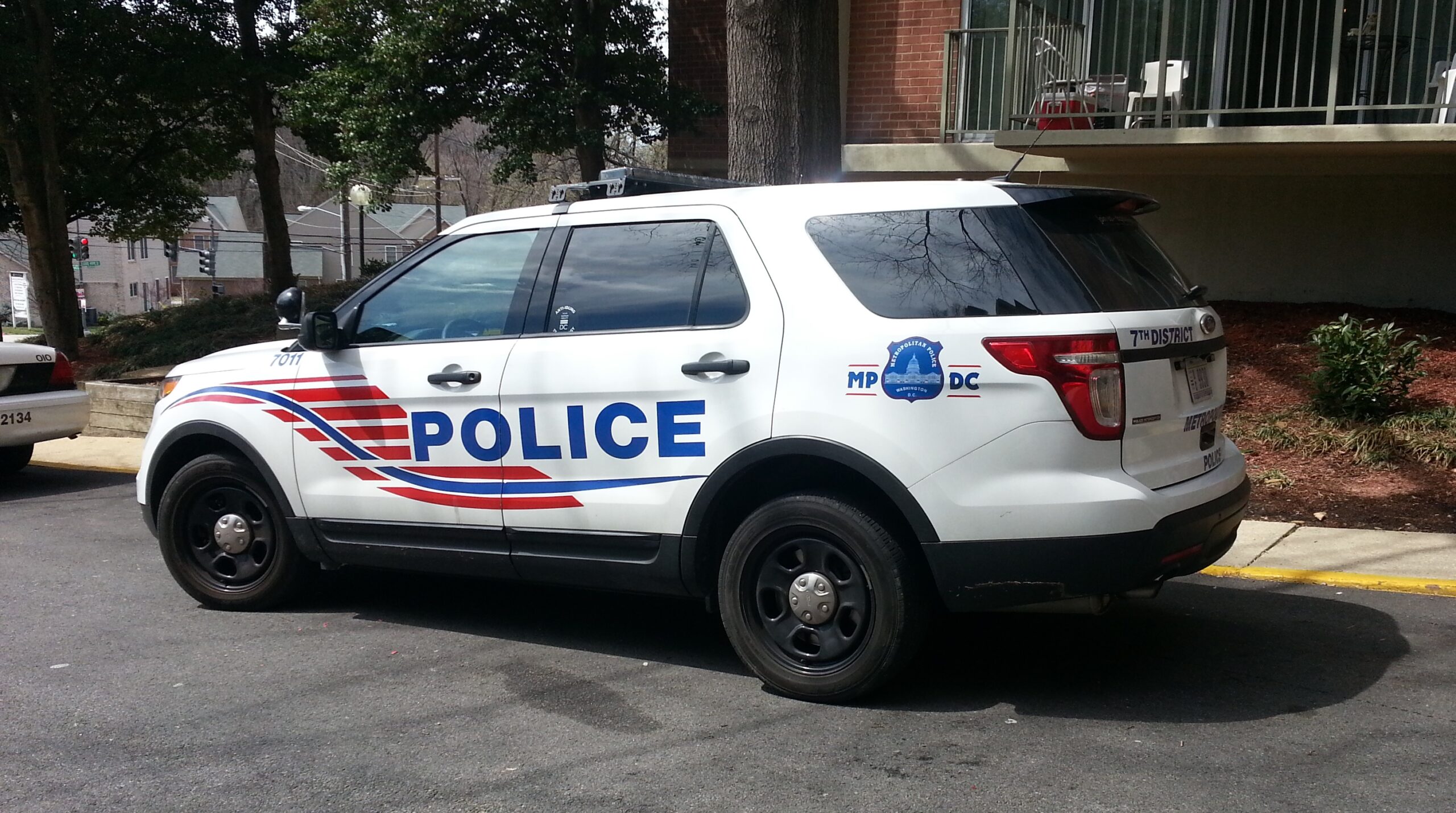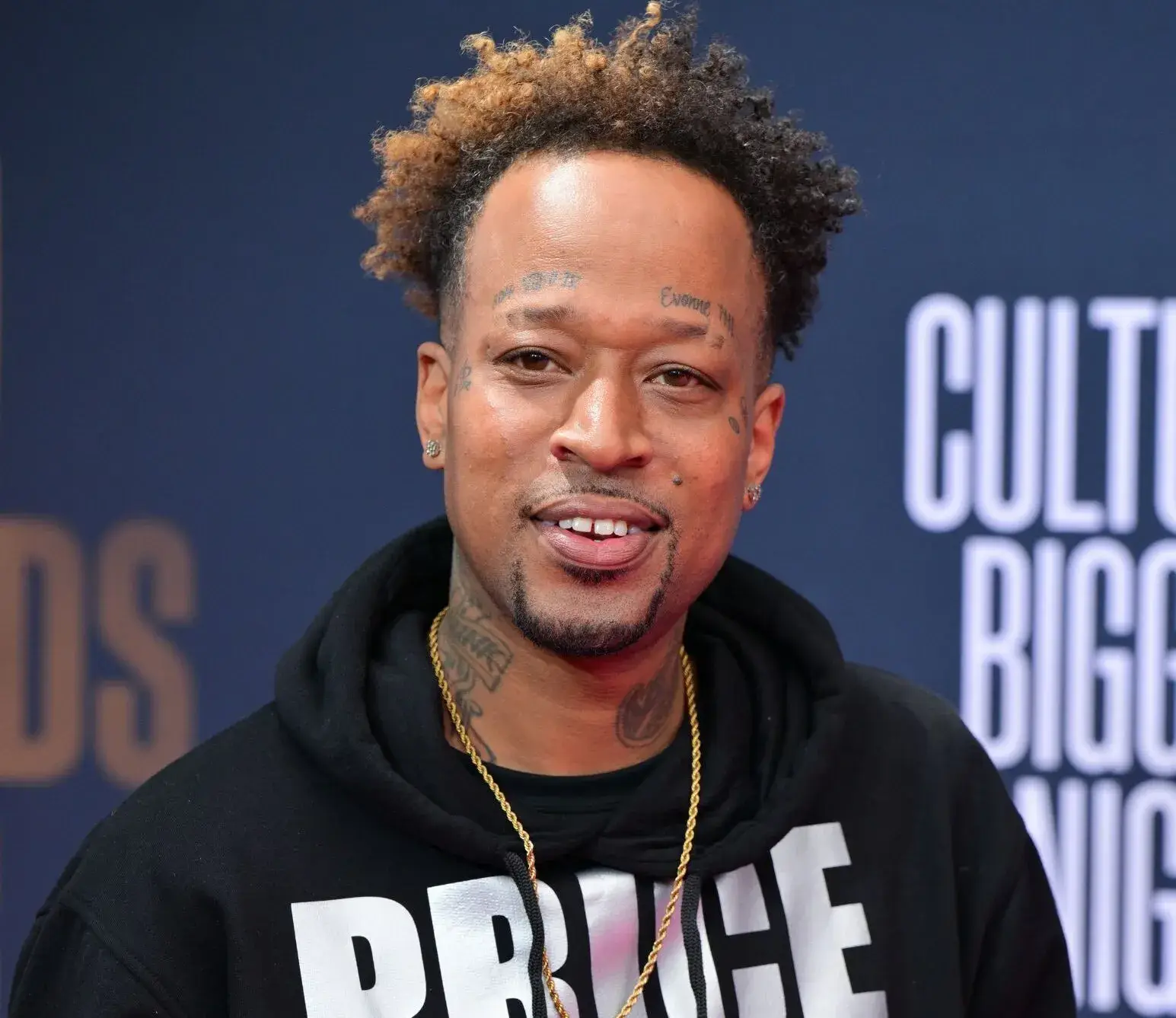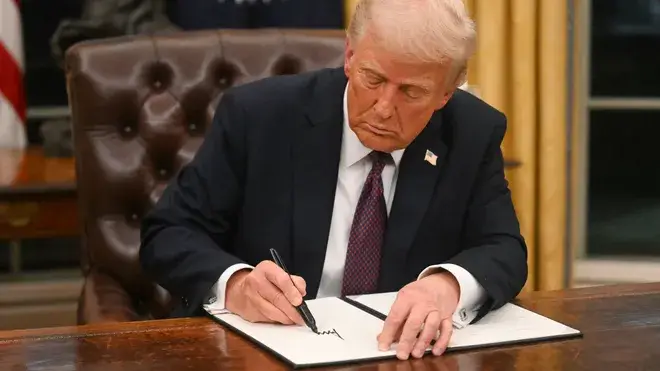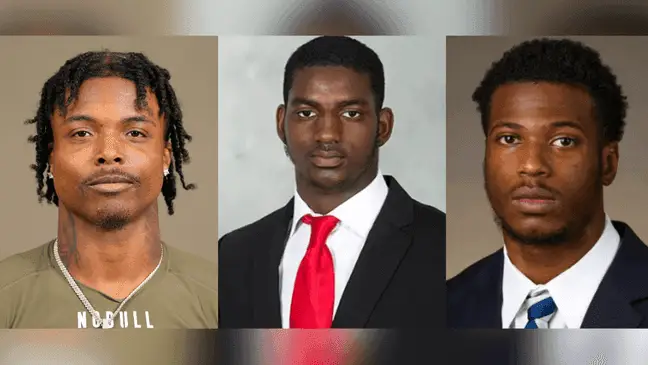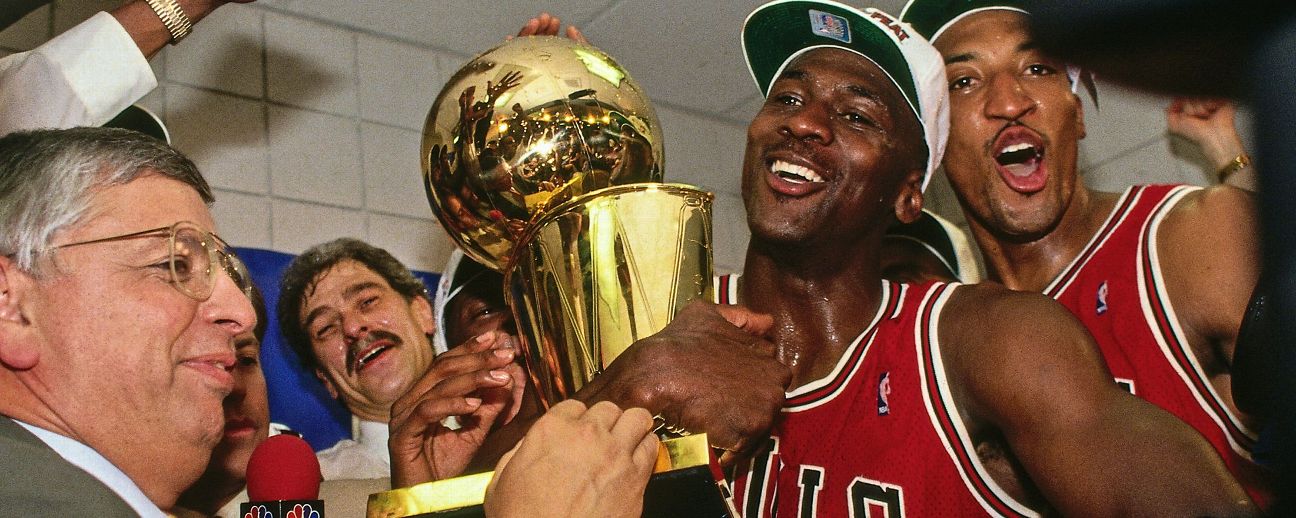
Four takeaways from “The Last Dance” Michael Jordan documentary Ep. 5
The Jordan brand after the 1993 all-star game
Michael Jordan was the third pick drafted to the Chicago Bulls when he signed a Nike shoe contract. Jordan expressed “his game did all the talking,” landing him this deal in his rookie season. At the time, Nike was known as a track shoe; Converse was for the NBA. Jordan did not want to sign with Nike and was hoping for a contract with Adidas. Jordan’s agent and mother had to convince him to take the meeting with Nike. At the time, Nike had created a new technology to place air soles in the bottom of shoes, hence the name “Air Jordan.” Jordans in the early ’90s started to become more than just a basketball shoe and transcended into being worn for style. Spike Lee even introduced this concept of Jordans in fashion by having characters like Mookie in “Do the right thing” wear Air Jordan 1s. Spike Lee also collaborated with Michael to make a commercial about the Jordan brand merging urban culture into sports; everyone wore them to be “Like Mike”.
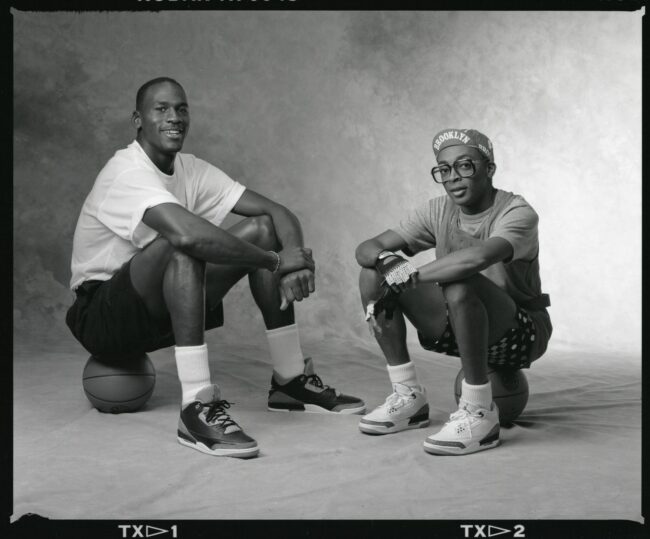
Jordan’s ongoing feud with Isiah Thomas
Isiah Thomas was one of the original “bad boys” of the Detroit Pistons and was notably known as one of the toughest but best point guards of that time. Being a bad boy comes with a reputation that Michael did not seem to be fond of. Michael Jordan was called for potentially being on the 92′ Olympic team, and he immediately asked who is playing. It was speculation that he was indirectly asking about Isiah Thomas since it was known Jordan had a strong dislike for him. “One of the best point guards of all time is [Magic] Johnson and right behind him is Thomas” Jordan even commended a lot of respect to his gameplay but not to the sportsmanship of Thomas. Magic Johnson, Scottie Pippin, and Larry Bird all had a rivalry with Thomas, but it was pinned as Jordan’s fault why he wasn’t on team USA.
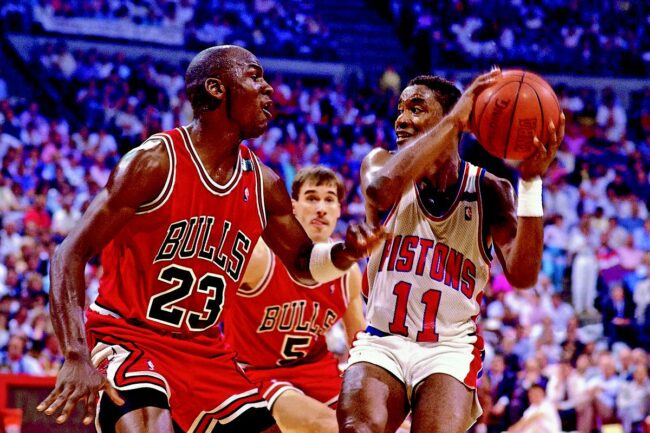
Michael Jordan and his political stance
One of the most controversial aspects of Jordan’s career was the 1990 senate race in North Carolina. The two candidates were an African American democrat, Harvey Gantt, and his opposing republican candidate, Jesse Helms. Helms campaign seemed to diminish any policies benefiting African Americans marking him as racist. Mr. Helms opposed the idea of building an African American museum and stood against having Martin Luther King Day be a national holiday. Everyone looked to Michael Jordan to endorse Harvey, but Jordan refused. “Republicans buy Nikes too” was the sentence that sparked controversy insinuating Jordan supported Helms since he was the republican party. People also took this as if M cared more about the money and his career. Michael stated he wasn’t into politics and just wanted to be great at perfecting his craft.
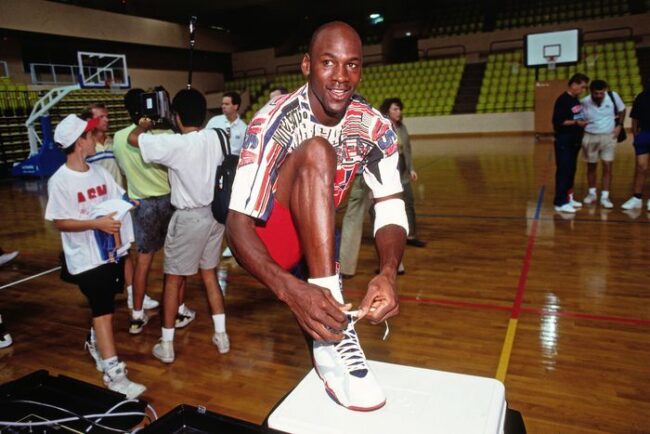
Kobe Bryant and Michael Jordan brotherly relationship
“That Little laker boy gonna take everyone one on one” is the words Jordan used to describe a young Kobe Bryant in the first half of the 1998 All-star game. “He doesn’t let the game come to him. He just goes out there and takes it”, recognizing a mamba mentality of this young prodigy. Kobe looked up to Jordan and wanted to emulate his style, moves, and drive of the game. “He’s like my big brother. Went from watching him on TV to now playing him physically feeling his strength and seeing his basketball IQ”. Jordan saw the drive Kobe had and tested it on the court never backing down. Off-court, Kobe could reach out to Micheal and get advice on anything. Kobe took this opportunity to be molded by one of the greats at the beginning of his career as Michael Jordan was soon ending his. “What you get from me is from him. I don’t get five championships here without him because he guided me so much and gave me so much great advice”. -Kobe Bryant
